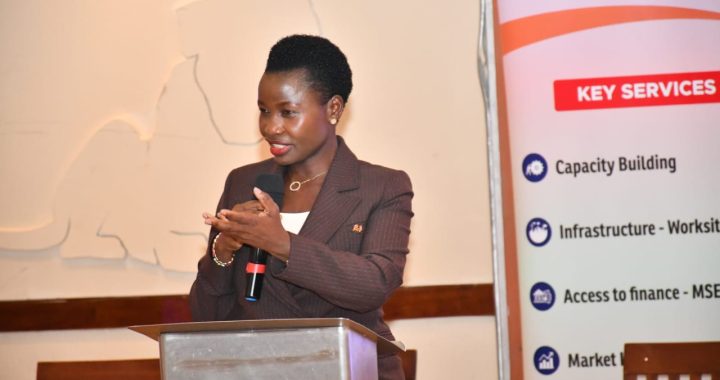The State Department for Micro, Small and Medium Enterprises (MSMEs) Development conducted public participation forums for the draft MSME Policy 2025 and proposed amendments to the MSME Act. This nationwide engagement was conducted inaugurated in Nairobi and rolled out in eight other regions: Machakos, Mombasa, Garissa, Meru, Nyeri, Nakuru, Uasin Gishu, and Kisumu with the goal to incorporate diverse stakeholder perspectives and craft a more inclusive, responsive, and future ready policy that truly reflects the needs and aspirations of the MSME community, marking a significant step in refining the policy and legal framework governing Kenya’s MSME sector
Principal Secretary State Department of MSME Development Susan Mang’eni speaking during the launch of the public participation forums.
Once adopted, the MSME Policy 2025 will serve as a strategic roadmap for building a productive, competitive, and diversified MSME sector that plays a central role in Kenya’s economic transformation and social empowerment. Speaking during the Nairobi forum and launch, Principal Secretary Susan Mang’eni emphasized the key objectives of the draft policy, which include strengthening institutional and regulatory frameworks, streamlining compliance processes, and enhancing MSMEs’ access to finance, markets, and technology. She highlighted the policy’s strong focus on inclusivity, with targeted interventions aimed at supporting women, youth, persons with disabilities, and marginalized communities.
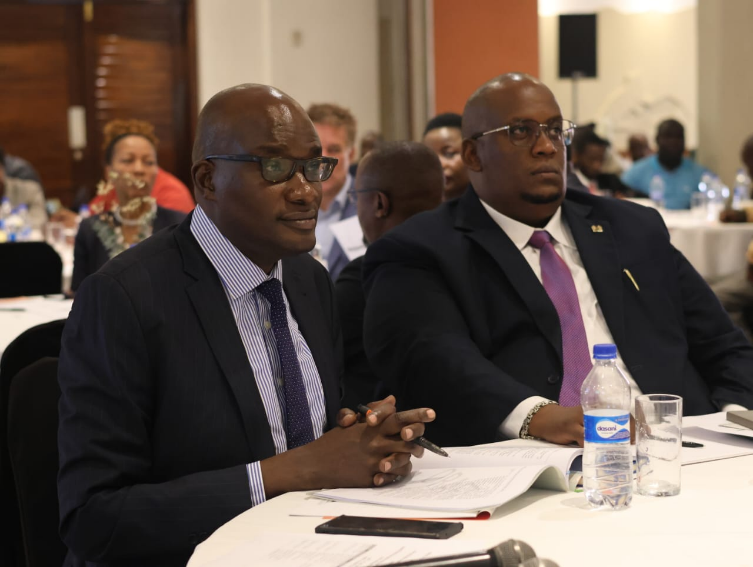
MSEA Board Member Billy Baltazar and MSEA CEO Henry Rithaa at the public participation forum in Nairobi
PS Mang’eni reiterated that MSMEs are the backbone of the Kenyan economy, accounting for over 90 percent of all businesses, contributing approximately 30 percent to the GDP, and employing more than 15 million people. Despite their critical role, MSMEs face persistent challenges such as limited access to affordable credit, weak market linkages, and capacity gaps, all of which the new policy seeks to address. During the forum, Miss Khamati Mugala, Head of the International Labour Organization (ILO) for East Africa, emphasized the need to boost productivity in the sector, arguing that efforts should not only focus on improving quality but also on increasing the consumption of locally produced MSME goods and services.
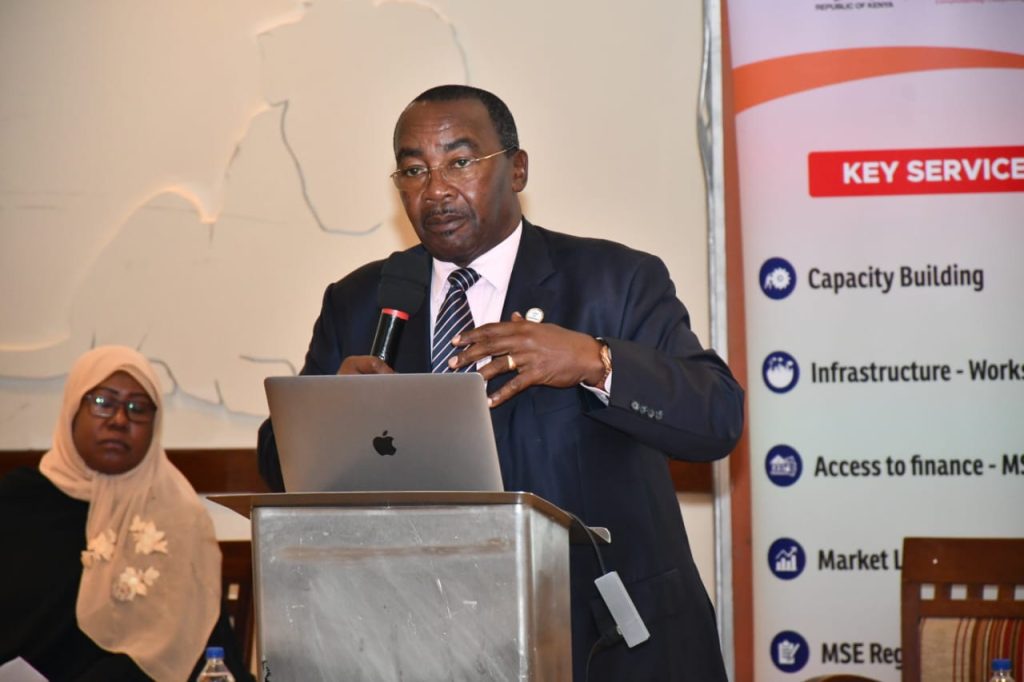
MSEA Board Chairman James Mureu making his remarks during the forum in Nairobi
The event also featured remarks from the Chairman of the Micro and Small Enterprises Authority (MSEA), Mr. James Mureu, who stressed the importance of formalizing informal businesses to improve their sustainability and reduce the stigmatization of certain types of work. MSEA CEO Mr. Henry Rithaa expressed the Authority’s continued commitment to supporting MSMEs through access to capacity-building, finance, and market opportunities.
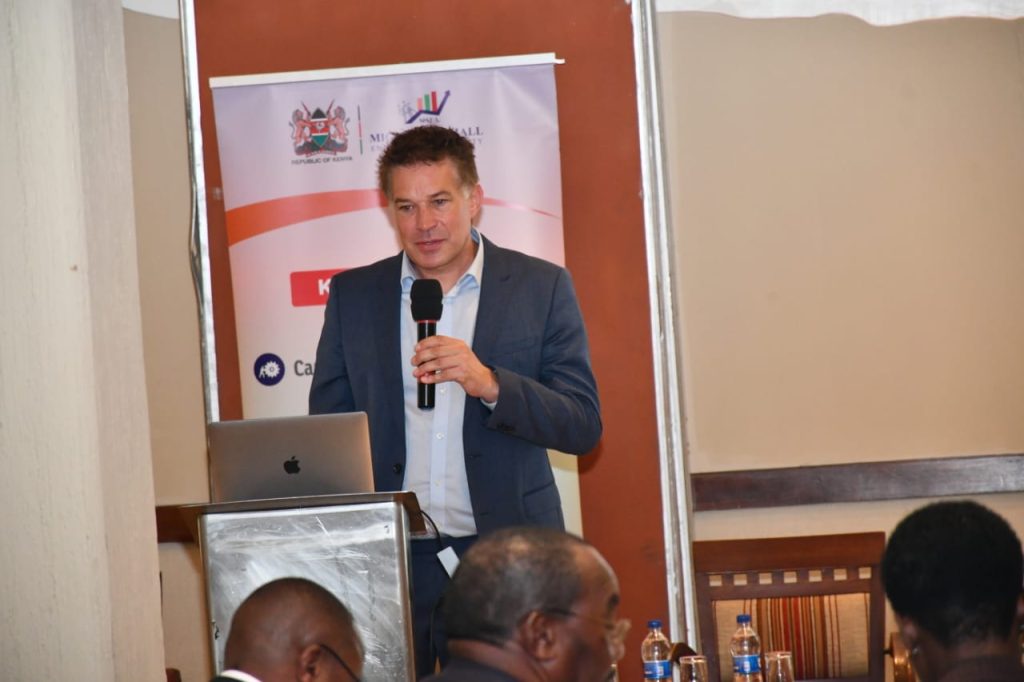
Dr. Christopher Zipfel, Programme Director for Sustainable Economic Development, Employment, and Digitalisation at GIZ speaking during the forum
Dr. Christopher Zipfel, Programme Director for Sustainable Economic Development, Employment, and Digitalization at GIZ, reaffirmed the organization’s dedication to supporting MSMEs by offering technical assistance and mobilizing resources to enhance public-private partnerships and empower MSMEs to drive Kenya’s economic growth.
Participants at the forum voiced the need for the policy to include inclusive language and tackle stereotypes about informal sector workers, noting that many possess practical skills that are essential to the economy. With thousands of youth entering the labor market each year, the policy is expected to prioritize youth empowerment and leverage technology to create more job opportunities and support enterprise development.
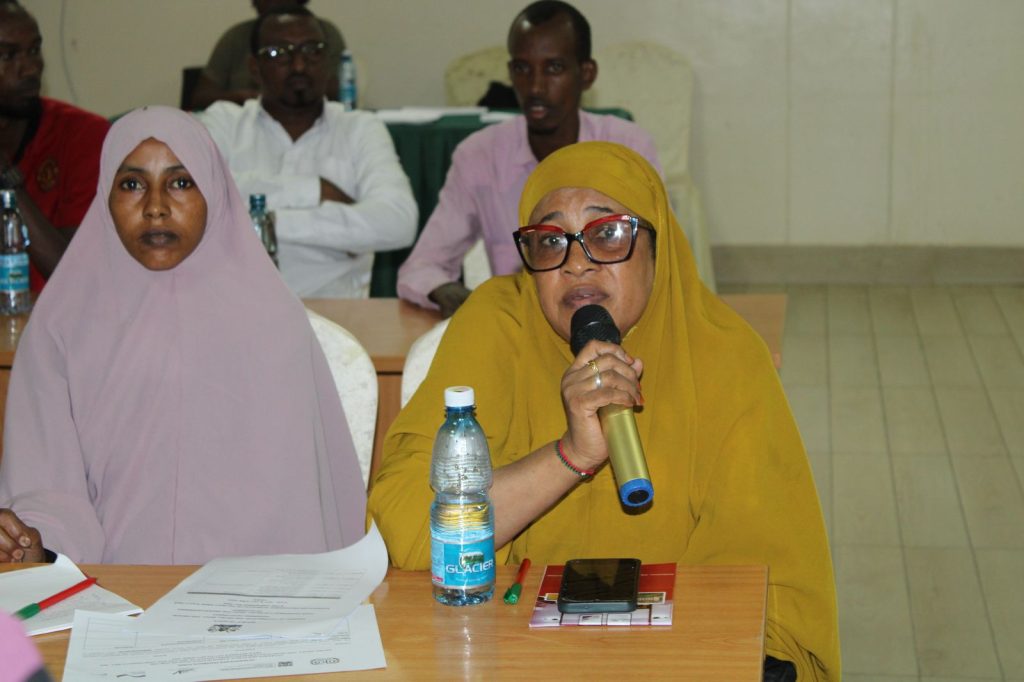
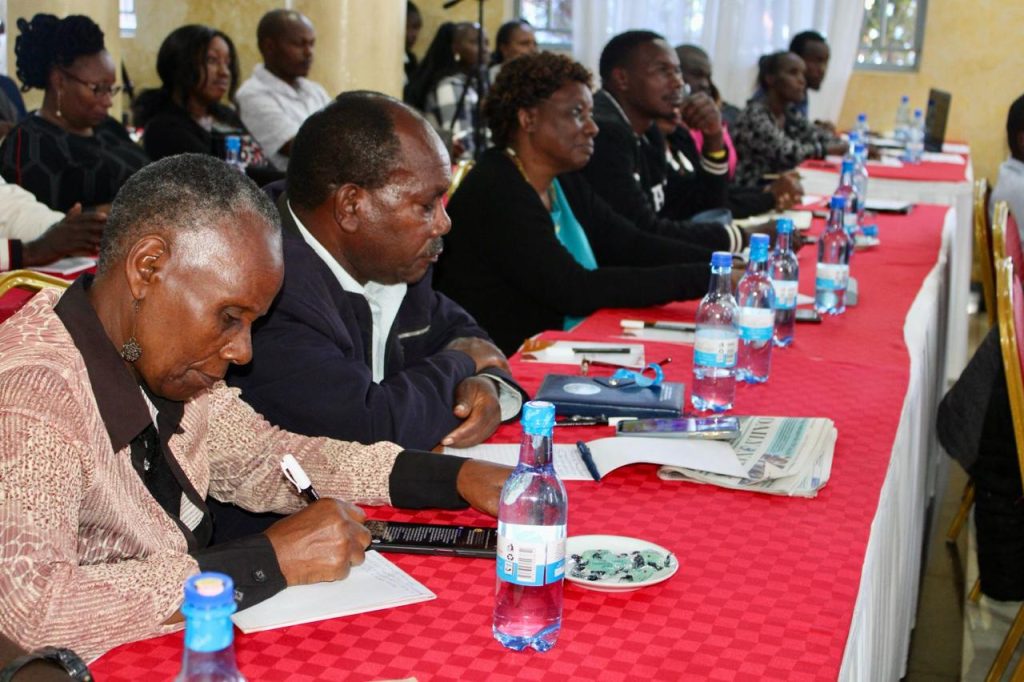
Public participation in Garissa and Tharaka Nithi
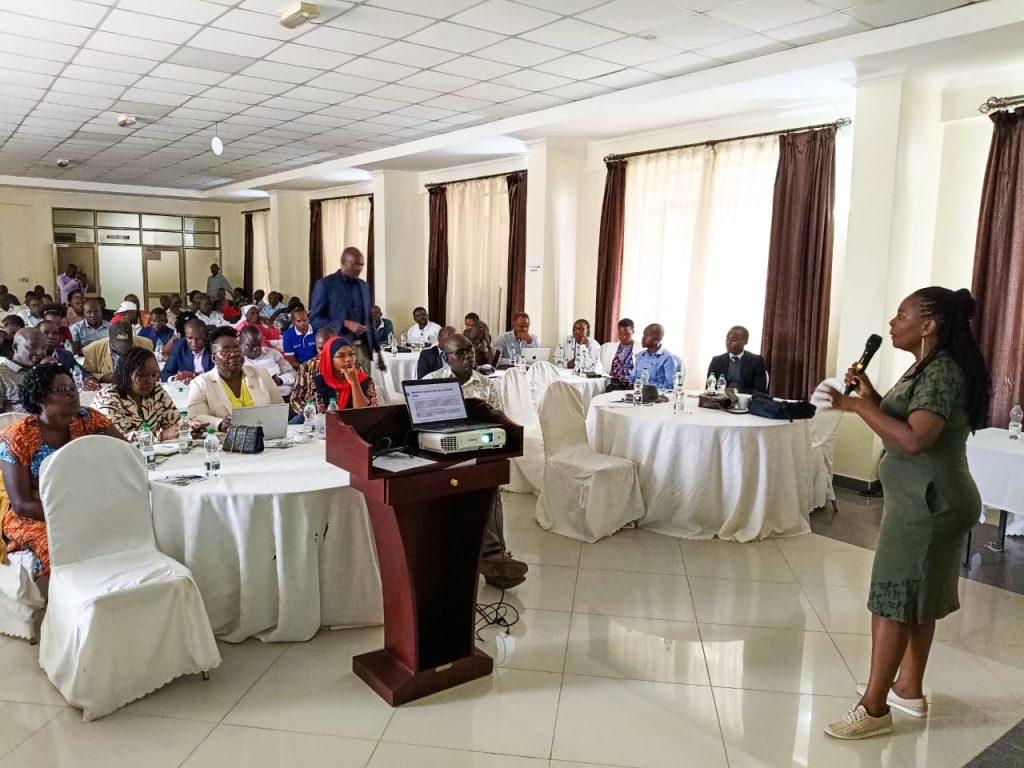
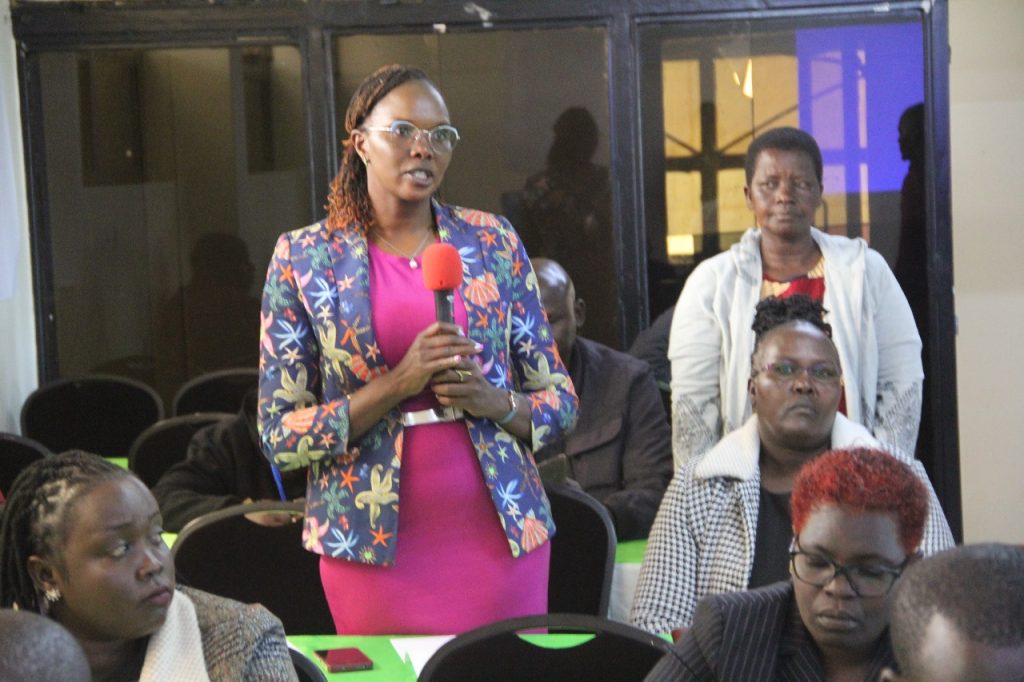
Public participation in Kisumu and Uasin Gishu
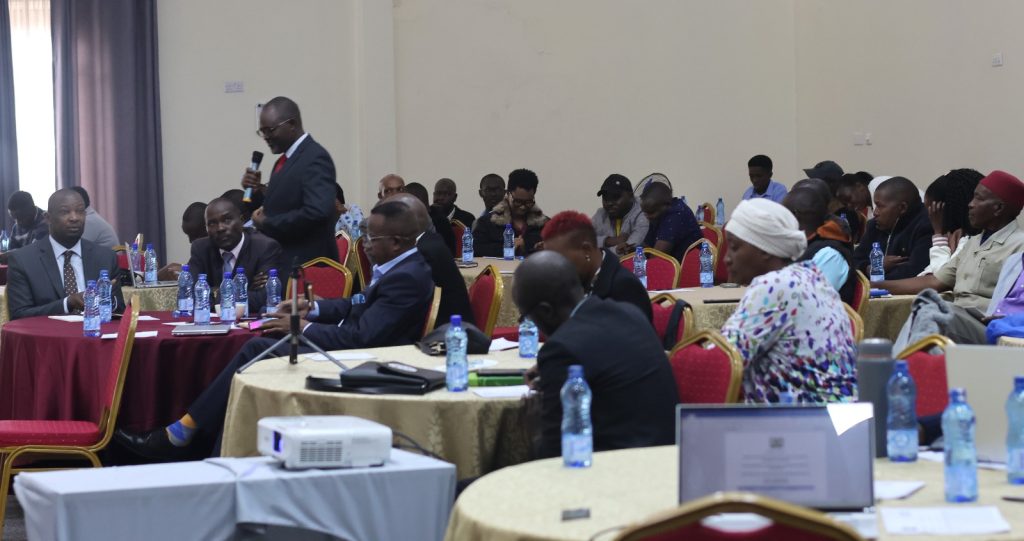
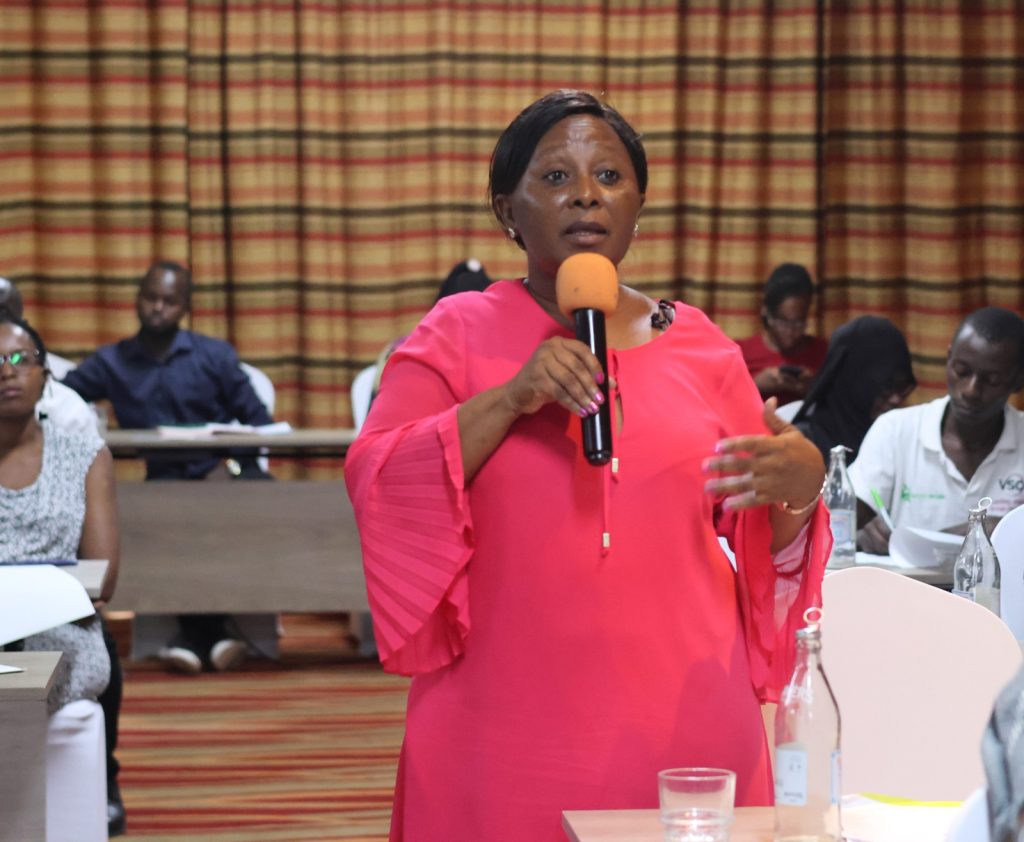
Public participation in Machakos and Mombasa
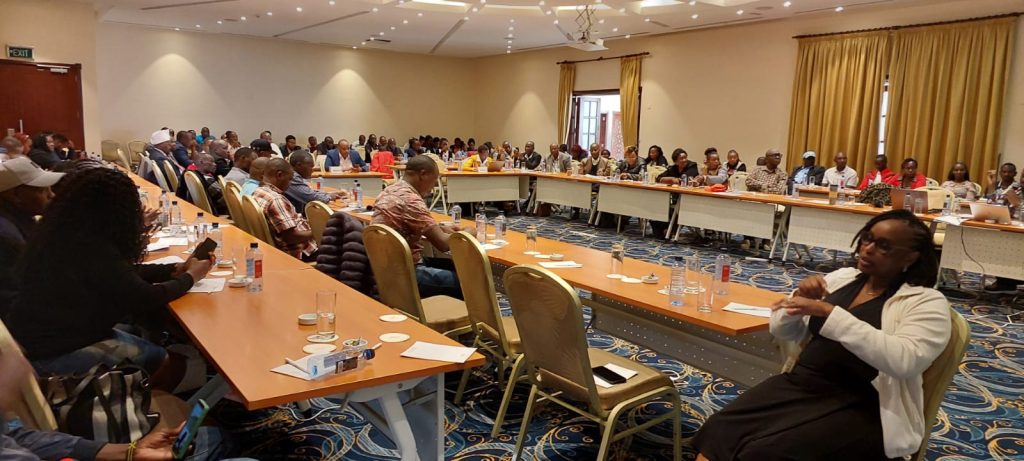
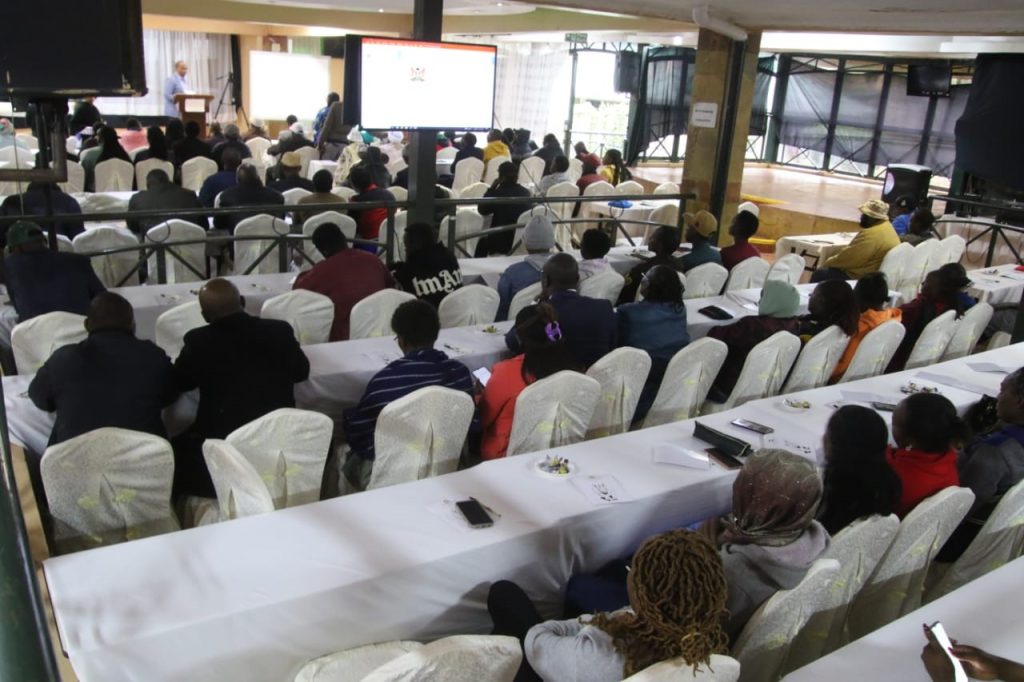
Public participation in Nakuru and Nyeri
Some of the proposed amendments to the MSME Act 2012 include aligning the law with government priorities such as value chain and cluster development, establishing an intergovernmental working group to strengthen collaboration between national and county governments, and formally recognizing medium enterprises to complete the transition path from micro to small and medium enterprises—an element previously missing in the current Act. This public participation process is a collaborative initiative between the State Department for MSMEs Development, the International Labour Organization (ILO), and GIZ (Deutsche Gesellschaft für Internationale Zusammenarbeit) the main development agency of German Government.

